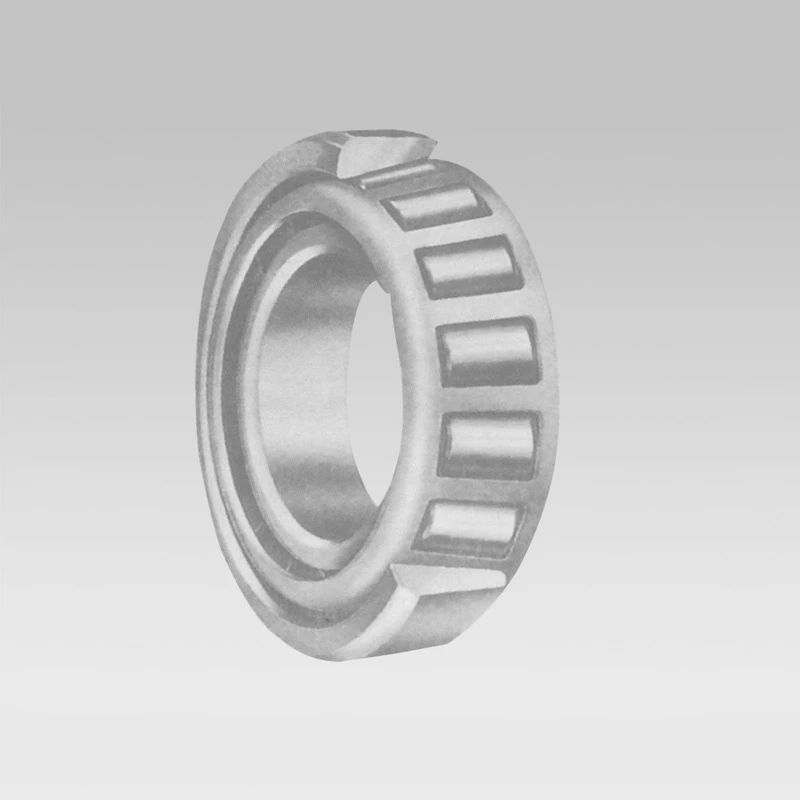
Dec . 03, 2024 17:11 Back to list
Exploring the Features and Applications of NJ 213 Bearing in Modern Machinery
Understanding NJ 213 Bearings Features, Applications, and Selection
Bearings are critical components in various machinery and industrial applications, designed to reduce friction between moving parts and facilitate smooth operations. Among the multitude of bearing types available, the NJ 213 bearing stands out due to its unique structural characteristics and versatile applications. This article delves into the specifics of NJ 213 bearings, exploring their features, advantages, common uses, and factors to consider when selecting them.
Features of NJ 213 Bearings
The NJ 213 bearing is a type of cylindrical roller bearing, specifically designed to accommodate radial loads while allowing for a certain degree of axial displacement. Here are some key features of NJ 213 bearings
1. Structure The NJ 213 bearing is comprised of an inner ring, an outer ring, rollers, and a cage that maintains the alignment of the rollers. The design allows for efficient load distribution and reduced friction.
2. Dimensions Typically, the NJ 213 bearing has an inner diameter of 65 mm, an outer diameter of 120 mm, and a width of 23 mm. These dimensions make it suitable for a variety of applications where moderate radial loads are involved.
3. Materials NJ 213 bearings are generally manufactured from high-carbon chromium steel, which provides excellent wear resistance and durability. Some variations may also include stainless steel or ceramic materials to enhance performance in specific environments.
4. Sealing Options NJ 213 bearings can come with different sealing options, including open types, which offer higher speed capabilities but require regular lubrication, and sealed types, which provide better protection against contaminants but may have slightly reduced speed limits.
Advantages of NJ 213 Bearings
The NJ 213 bearing offers several advantages, making it a preferred choice in various applications
1. High Load Capacity The design of the NJ 213 allows it to handle substantial radial loads, making it ideal for heavy-duty applications.
2. Rotational Speed This type of bearing is capable of high rotational speeds, which is essential in applications requiring efficient performance.
3. Low Friction The cylindrical roller design minimizes friction even at high loads, leading to improved energy efficiency and reduced heat generation.
4. Versatility NJ 213 bearings can be used in a wide range of applications, including automotive, industrial machinery, and agricultural equipment, allowing manufacturers to standardize components across different machines.
Common Applications
nj 213 bearing

The NJ 213 bearing is commonly used in various industries due to its adaptability and performance characteristics. Some of the most typical applications include
2. Manufacturing Equipment This bearing type is widely utilized in conveyor systems and other machinery where radial load support and high speeds are required.
3. Pumps NJ 213 bearings can be found in centrifugal pumps, ensuring smooth operation while handling significant workloads.
4. Agricultural Machinery Tractors and other farming equipment frequently employ NJ 213 bearings to maintain the efficiency of moving parts.
Selecting NJ 213 Bearings
When choosing NJ 213 bearings for a specific application, several factors must be considered to ensure optimal performance
1. Load Requirements Understanding the types of loads the bearing will encounter—radial, axial, or a combination—is crucial for proper selection.
2. Speed Ratings Ensure that the selected NJ 213 bearing can handle the required operating speed without overheating.
3. Environmental Factors Consider the operating environment, such as exposure to moisture, dust, or chemicals, and select appropriate sealing options.
4. Lubrication Determine the lubrication method (grease or oil), as this can impact bearing lifespan and efficiency.
5. Clearance and Fit Proper fitment and clearance are essential for optimal performance. Ensure that the bearing matches the shaft and housing dimensions closely to avoid excessive play.
Conclusion
NJ 213 bearings are an integral part of many mechanical systems, offering reliability, efficiency, and versatility across various applications. By understanding their features and benefits, engineers and manufacturers can make informed decisions when selecting bearings, ensuring the longevity and performance of their machinery. Whether in automotive, industrial, or agricultural settings, the NJ 213 bearing remains a vital component that facilitates smooth and efficient operations.
Latest news
-
Spherical Roller Bearings Applications: Heavy Duty, Self-Aligning
NewsAug.30,2025
-
Premium Deep Groove Ball Bearings | High Speed & Reliability
NewsAug.29,2025
-
Durable Scaffolding Clamps - Secure & Reliable Tube Connectors
NewsAug.28,2025
-
Common Failures in Thrust Ball Bearings and Solutions
NewsAug.22,2025
-
How Tapered Roller Bearings Can Take Shock Loads
NewsAug.22,2025
-
Angular Bearings in High-Precision Spindles
NewsAug.22,2025
